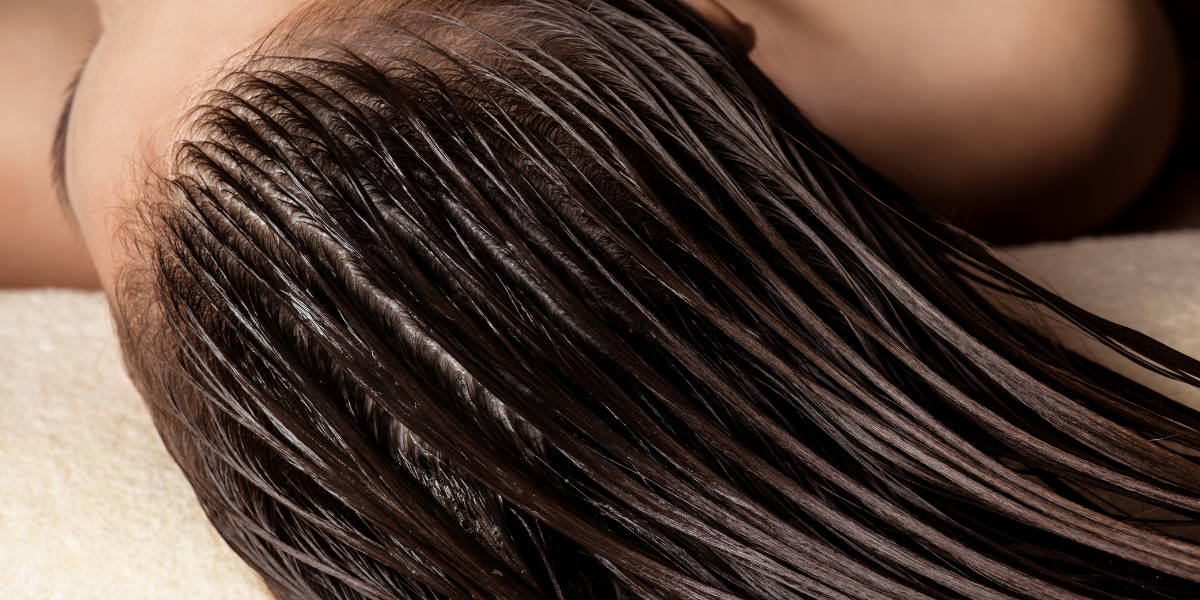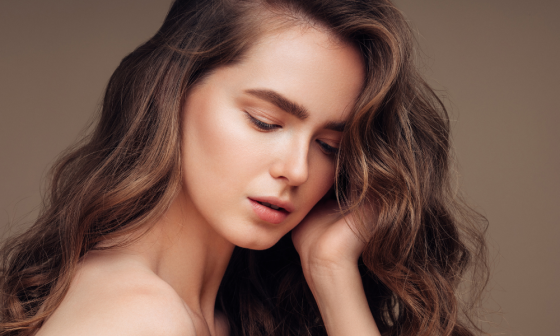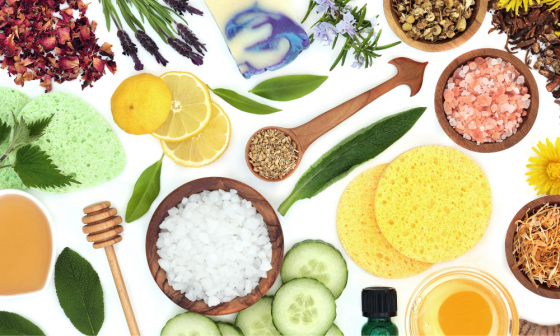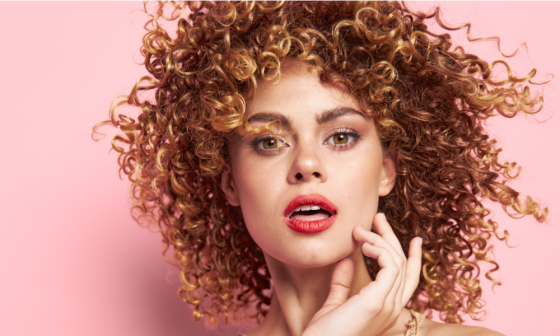There are quite a few hair care ingredients out there that claim to give you the same results as salon treatments, all without paying for the cost of going to the salon. However, in reality, these products end up costing you more money and time in the long run because they actually damage your hair rather than improve it! Here are some of the worst ingredients to avoid when using beauty products on your hair.
Sodium Lauryl Sulfate and Sodium Laureth Sulfate aka Sulfates
Sulfates are harsh, drying agents that are used in shampoos and other hair care products to create a foaming lather. They can strip away natural oils, damage the hair shaft, and cause scalp irritation. Plus, they’re not biodegradable, so they can pollute our waterways. Look for sulfate-free options instead. These might be more expensive, but it’s worth it if you want healthy, strong locks.
Dimethicone & other silicones
You might see dimethicone listed as an ingredient on your hair care products and think it’s a good thing. After all, it’s a silicone, and silicones are pretty harmless, right? Wrong. Dimethicone is actually one of the worst ingredients you can use on your hair. It coats the hair shaft and doesn’t allow moisture to penetrate, which can lead to dry, brittle hair. It can also build up on the scalp, causing irritation and inflammation. Silicones will attract dirt and dust, leading to buildup that prevents healthy hair growth. If you’re using a styling product with dimethicone in it, make sure you rinse well so that your scalp isn’t affected.
Diethanolamine (DEA) and Triethanolamine (TEA)
These ingredients are often used in shampoos, conditioners, and hair dyes as foaming agents or to adjust the pH level. But they can be damaging, stripping away natural oils and causing allergic reactions. Plus, they’re believed to be carcinogenic. So it’s best to avoid them altogether. In the US, DEA is banned from use in cosmetics but can still be found in products imported from China. TEA is not banned but many companies have voluntarily replaced DEA with TEA for safety reasons. A good alternative for to DEA or TEA is betaine monohydrate, a sugar-derived ingredient that does not produce nitrosamines under any circumstances and is sometimes referred to as an emulsifier.
Phthalates
These are hormone-disrupting chemicals that are often used in hair care products to make them more flexible and have a longer shelf life. Phthalates have been linked to reproductive issues, birth defects, and cancer. If a product contains fragrance or parfum, it likely contains phthalates. Look for ingredients like DEA, TEA, and MEA which can be sources of phthalates.
Parabens
These are hormone-mimicking chemicals that can disrupt the endocrine system. They’re often used as preservatives in cosmetics, but they’re not worth the risk. Look for products that are paraben-free, and avoid anything with methyl, butyl, propyl, or isopropyl in the ingredient list.
Colourants/Phenols
You might see colourants listed as FD&C or D&C followed by a colour and a number on hair care labels. These are synthetic colours that can be derived from coal tar and are used in shampoos, conditioners, hair dyes, and other products. Some people can develop an allergy to these ingredients, which may manifest as contact dermatitis.
Propylene Glycol (PEGs)
PEGs are commonly used in hair care products as thickening agents, but they can also be used to strip the hair of natural oils. This can lead to dry, brittle hair that is more susceptible to breakage. PEGs are also known to be carcinogenic, so they should be avoided if possible. Be aware of the ingredients propylene glycol and polyethylene glycol when choosing a product for your hair. These names may appear on ingredient lists as: PPG, PG, Peg-100 Stearate, Polyglyceryl-2 Stearate, Polyethylene Glycol Distearate. PPD (p-phenylenediamine): A well-known cancer causing agent, this chemical is often found in henna dyes which means it could have been added to your hair without you knowing it. It has been linked to an increased risk of cancer as well as damage to nerves and blood vessels, making it bad for overall health.




